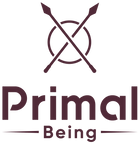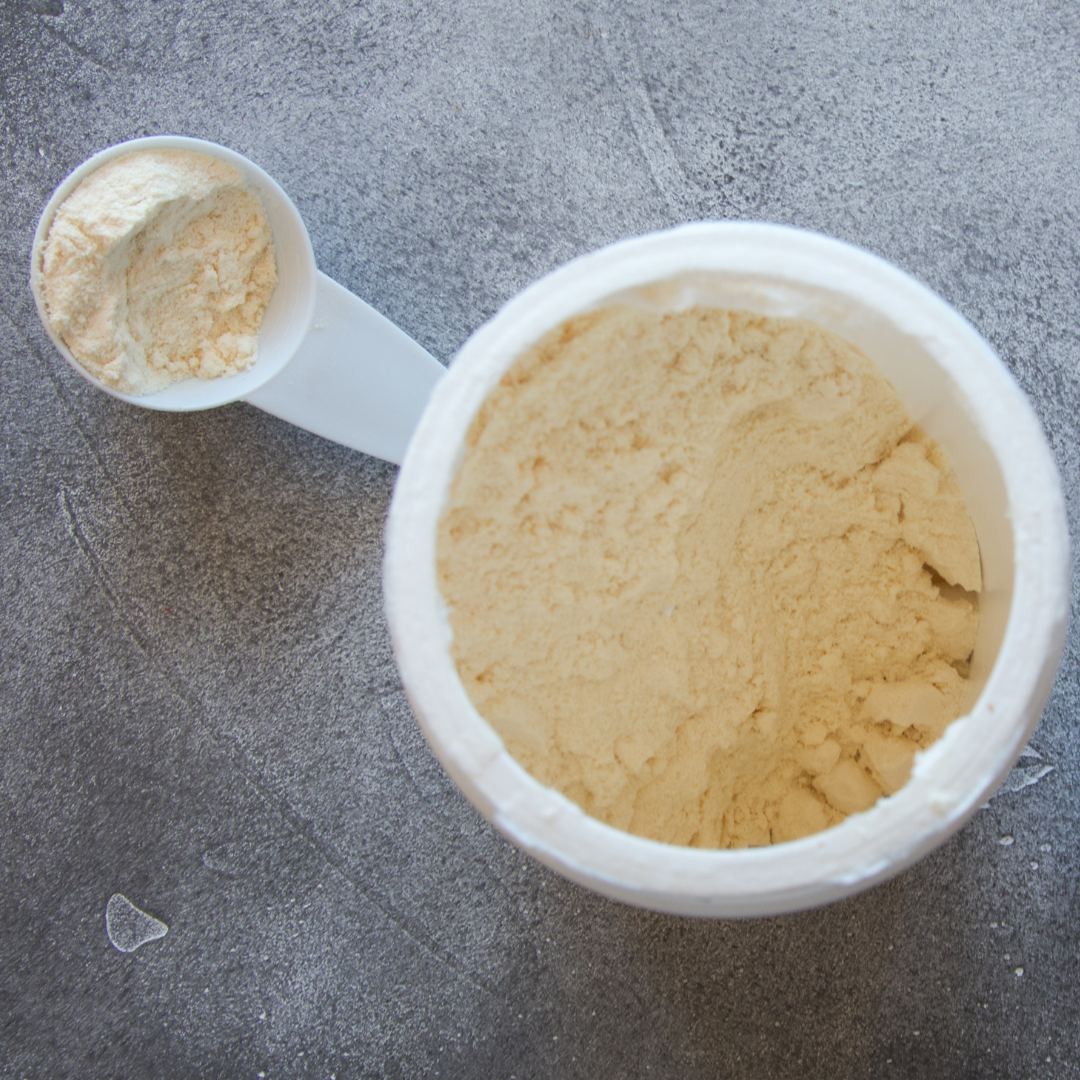There are many different types of collagen on the market today. The types of collagen you’ll see online are typically all hydrolyzed and range from hide collagen, to marine collagen, poultry collagen, bone broth collagen... I think you get the point.
While researching collagen, we wanted to provide the highest quality with the most benefits to us and our customers. This is why we chose our bioactive cartilage collagen- it was a no brainer. Don’t get us wrong, we're not saying that other types of collagen aren't great for you… they’re just not the best. And from day 1, our company has and will continue to strive for the best.
We are going to break down the difference between these types of hydrolyzed collagen vs. our bioactive cartilage collagen and you guys choose which you wish to consume.
Hydrolyzed Collagen
This type of collagen is more popular on the market today and is the more common type of collagen sold. These types of collagen usually come from unspecified bone fragments, tendons, or inedible hides of cows, or from fish and poultry (Leon-Lopez, 2019). When heated above 40 degrees Celsius or with the use of chemicals, collagen breaks down (Leon-Lopez, 2019). These methods can denature the collagen, removing micronutrients in the process.
The thing about some hydrolyzed collagen, especially on amazon, is that it's difficult to find traceability of the animal. Nowadays, you see a lot of products labeled as "grass-fed" for cows. What companies don’t always supply is whether that cow is grass-finished, too. The government doesn't strictly regulate the labeling of "grass-fed". This means the living conditions of the cattle can be unclear.
Marine collagen is typically labeled as wild-caught, which is great compared to farm-raised fish. But the question is- do you know what type of fish you are consuming? Nowadays, many people on the internet know that bigger fish have higher levels of heavy metals, like mercury. Unfortunately, our ocean has become so polluted that they also contain more microplastics. On top of that, marine collagen consists of fish bones, scales, skin, or waste byproducts of the fish (Leon-Lopez, 2019). Consuming fish waste is something we'd all like to avoid.
Poultry, being monogastric animals, are considered the dirtiest to consume. This is due to their typical living conditions and the corn and soy feed they are fed.
Based on this information, we’re not trying to scare you or deter you away from other types of collagen. All we want is for people to stay informed. Always question the source and traceability of what you consume. This will contribute to the longevity most of us crave.
So… as for Bioactive Cartilage Collagen, let us tell you how it’s made and where ours comes from.
Bioactive Cartilage Collagen
To breakdown our collagen, it goes through a specialized enzymatic process specifically developed for this type of cartilage collagen. The enzymatic process breaks down the cartilage into a finished powder form leaving it with a higher concentration of collagen peptides compared to others.
All our products come from small farms in New Zealand. These farms have the highest agricultural standards in the world. The cattle will always be grass-fed and grass-finished. The regulations in New Zealand are strict. They deny the consumption of pesticides, hormones, or antibiotics by cattle. The cartilage in our collagen will always come from the trachea and scapula of the cow.
There is more to it than just how the collagen is made or its source. There’s also importance in what part of the animal it comes from.
Types of Collagen
There is a vast array of different types of collagen. In total, there are 28 different types of collagen, but 5 are most commonly used in supplements (Shahrajabian & Sun, 2023).
Majority types of collagen on the market contain predominantly type I and III collagen. These two types of collagen are for support with hair, skin, nails, and joint health.
As for cartilage collagen, it is broad spectrum and contains Type I-V & XI collagen. This collagen not only supports hair, skin, and nails, but also boosts immunity and digestion, promotes joint and connective tissue health, aids muscle recovery, and has anti-inflammatory properties. It has an array of amino acids with the most abundant being glycine, Proline, Glutamic Acid, and Hydroxyproline, along with various others. It also contains naturally occurring chondroitin sulfates.
To Conclude…
The collagen market is diverse with a multitude of options. It is important to be aware of the quality of your collagen. Additionally, knowing the source and traceability is crucial. At Primal Being supplements, we always offer the highest quality products. We are also transparent about our operations and sourcing. You may have doubted collagen's effectiveness if you tried it before. Maybe it's because you didn't try our bioactive cartilage collagen. Do yourself a favor and try the most potent collagen on the market.
If you made it to the end of this article, take of 15% off your next collagen purchase using the code biocoll15.
Resources:
https://www.ncbi.nlm.nih.gov/pmc/articles/PMC6891674/
https://www.drugwatch.com/health/collagen/types/



